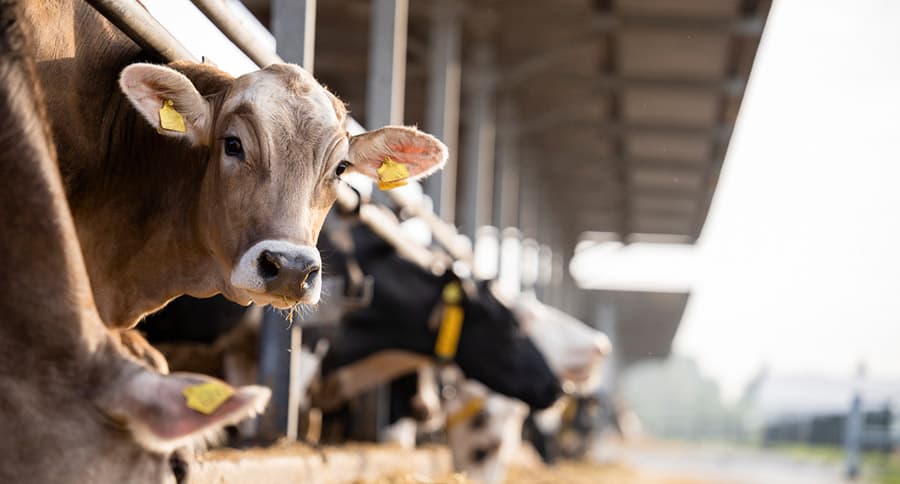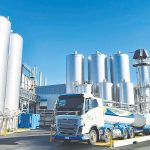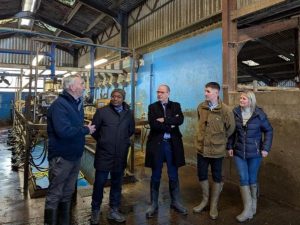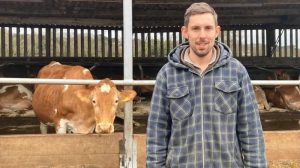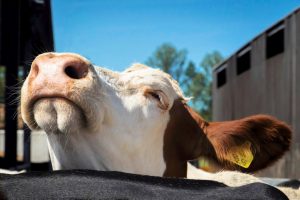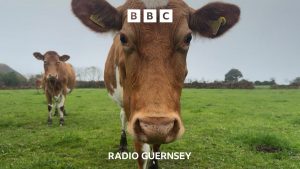
Dairy farmers could take a lead out of the book of ‘big business’ when it comes to planning for the impacts of climate change. According to experts from Kite Consulting, the dairy industry currently lacks the tools to ramp up business resilience in anticipation of environmental pressures.
Commenting on the news, Kite Consulting Head of Sustainability Hayley Campbell-Gibbons said, “Currently the only means identified of tracking and understanding emerging environmental risks affecting the food supply chain is the Defra-funded Met Office climate service on food, farming and natural environment.”
This service focuses on the impacts of climate change on farming, with the aim of informing policymakers on the future adaptations they may need to make in response to climate change. However, according to Kite Consulting, the Financial Stability Board’s Task Force on Climate Change-related Financial Disclosures (TCFD) could also offer up an important opportunity to get ahead of the curve.

The TFCD has been largely adopted by the UK government as the basis for implementing mandatory climate-related financial disclosures. To see what this means for the dairy industry, Kite Consulting’s experts applied this new standard at dairy farm level.
The resulting report finds that TCFD could help individual producers, processors, retailers and regulators in the dairy sector adapt to climate challenges – as its implementation raises several priority risks. These include animal disease, heat and cold stress, the impact of pests, and the loss of soil resources.
Campbell-Gibbons added, “Is there a case for applying the principles of climate-related financial disclosure at farm level? Quite simply yes. As this report shows, there are multiple and well evidenced physical and transitional risks posed by the impacts of climate change to a typical dairy farm.”
Agriculture – especially organic agriculture – is sensitive to climatic conditions. Change will have profound impacts on its productivity and economic viability in this case, but this crisis also offers an opportunity, according to Kite Consulting’s research – and farms tackling the challenges early will enjoy “significant commercial and competitive advantages”.
“Addressing risks around weather and productivity should not be sidelined or considered a strategic exercise only for large corporates,” Campbell-Gibbons concluded. “It’s a false economy for a business of any size not to understand and address them.”
Farming in the UK faces an uncertain future, thanks to a variety of stress points currently putting pressure on the industry. The Brexit process has placed agriculture in a difficult position, but the increasing impact of climate change on farming, largely in the shape of a rise in extreme weather events, is already having a huge impact on the sector. Scottish farmers were particularly hard hit in 2018, losing more than £161 million to the impact of extreme weather conditions in one year, according to an industry study from Ecosulis.
